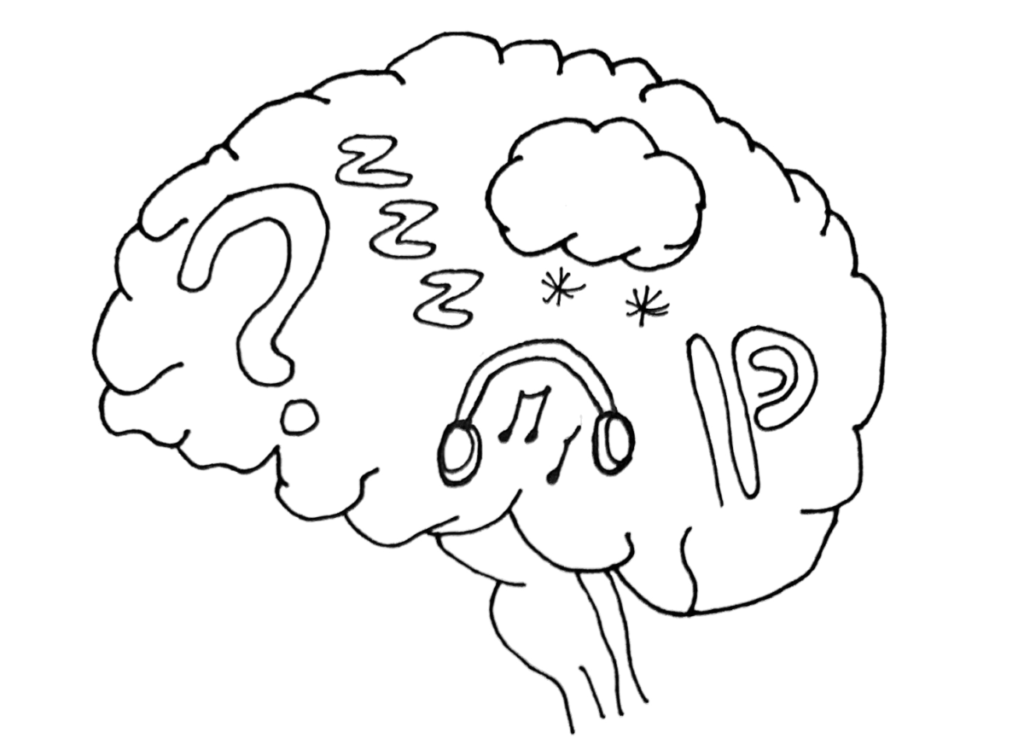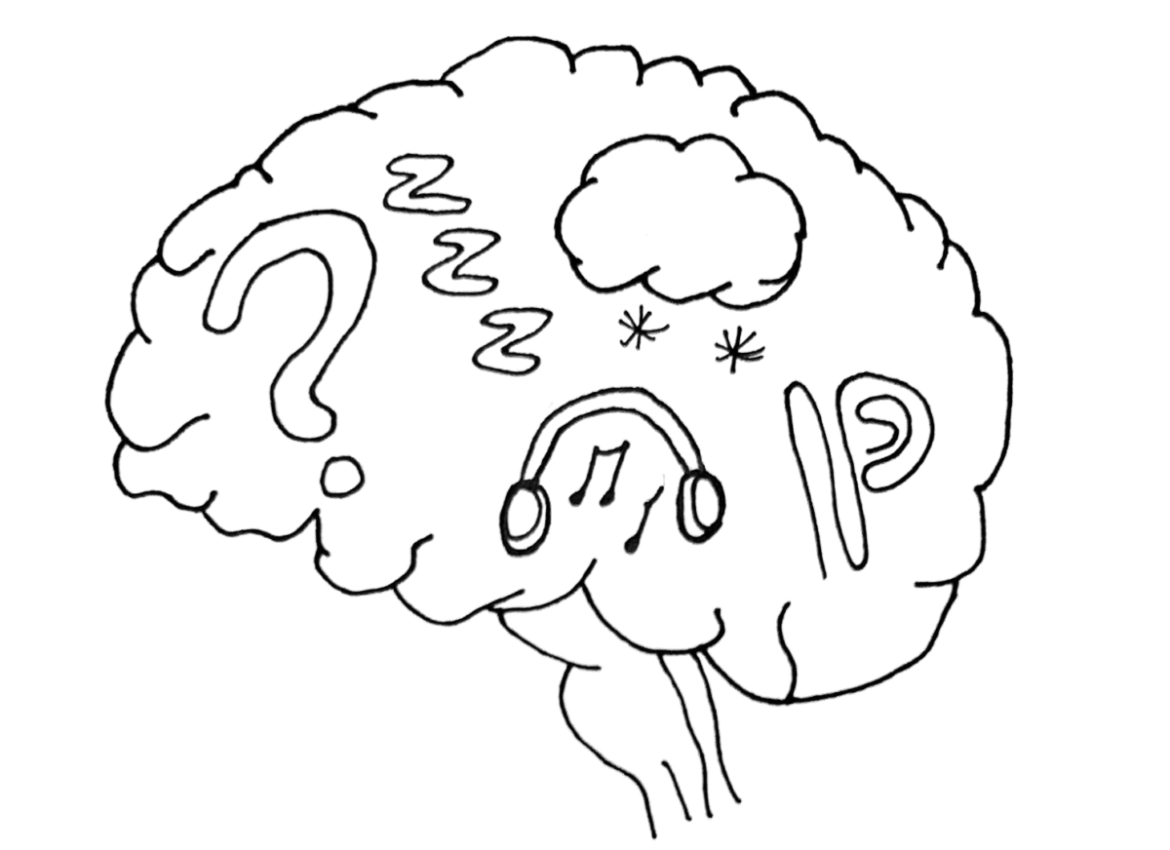Hayley George, Features Editor
@hayleygcourant1
With the turn of each season, new feelings arise. In the spring, there are the joys of the blossoming flowers and the excitement for the freedom of summer, which is filled with empty days and endless time for fun. Fall brings change, a new year of school, and the beauty of the fall foliage. Winter brings darker, shorter days and for some students, the challenge of ‘seasonal depression.’
But what is ‘seasonal depression,’ and how are students affected? “Seasonal Affective Disorder, also known as SAD, is a type of depression that occurs during the later fall and through the winter months, when there is less exposure to sunlight and the days are shorter,” school psychologist, Dr. Calcagni said. “It can cause a decrease in energy, moodiness, apathy, and poor concentration.” SAD can also cause excessive sleeping, weight gain, and tiredness. Usually, symptoms resolve during the spring and summer months.

Adult awareness is key when dealing with depression, as they can provide resources to help combat depressive feelings. “Teachers need to be made aware of what is happening with a student. Communication is key, whether that be from the student, parent, or support staff at school,” Dr. Calcagni said. Teachers can then help students while they are coping with feelings of seasonal depression by allowing breaks during class, contacting a counselor or the nurse, flexibility with deadlines as well as private feedback or individualized meetings to discuss academic work and a plan for completion.
During the winter, there is also a trend in students falling behind or performing poorly in school. “Because symptoms include a decrease in energy, moodiness, apathy, and poor concentration, as well as tiredness and excessive sleeping, it can be easy for a student to fall behind in their course work or decide to sit out of extracurriculars,” Dr. Calcagni said.
Aside from the cold weather and shorter moments of daylight, holidays can also become a form of stress for many students. “I do see an increase of students that come to talk to me because of the holidays,” Teen Talk counselor, Mr. Sloane said. “Students with family issues and/or depression are constantly reminded that this is supposed to be the happiest time of the year, and the reality that it is not can cause stress.”
Apart from faculty support , the Mental Health Club also advocates for students that suffer from Seasonal Affective Disorder. “It is very important for me that those who struggle with Seasonal Affective Disorder know there is help and that if they don’t feel comfortable speaking with an adult, the Mental Health Club is a safe space for anyone and everyone,” senior Amelia Bush, leader of the Mental Health Club, said. The club’s goal is to make students aware of their options regarding mental health so that they can be supported in whatever capacity they need.”
The Mental Health Club directly advocates for students by speaking with Dr. Bliss, the student support coordinator, “Last year we met with Mr. Egan to share student perspectives on mental health, to advocate for change, and to suggest where we think improvements regarding mental wellness resources are needed,” Amelia said.
Amelia speaks for many of her peers that have Seasonal Affective Disorder. “Many students that I know struggle greatly with seasonal depression, especially in the winter. It can be hard for people to feel productive during these times and have any motivation,” she said.
If any students are struggling with depression, the Teen Talk counselors, school psychologists, and the Mental Health Club are there for support. “Teen Talk Counselors are available for students who just need someone to listen to them. If they are engaged in outside therapy, the Teen Talk Counselor can provide additional support.” Mr. Sloane said. “If they’re not seeing someone on the outside, an appropriate referral can be made by contacting the family.”
According to Dr. Calcagni, school psychologists are here to provide counseling support in the form of individual sessions that teach coping skills, and consult with teachers on classroom accommodations that can be helpful for students. “Additionally, we may help the student and family secure private therapy if they are interested,” Dr. Calcagni said.
During the cold winter months, finding proper support shouldn’t have to feel difficult to obtain. “The school offers many resources that make support accessible to all students no matter what they may be going through,” Amelia said.




